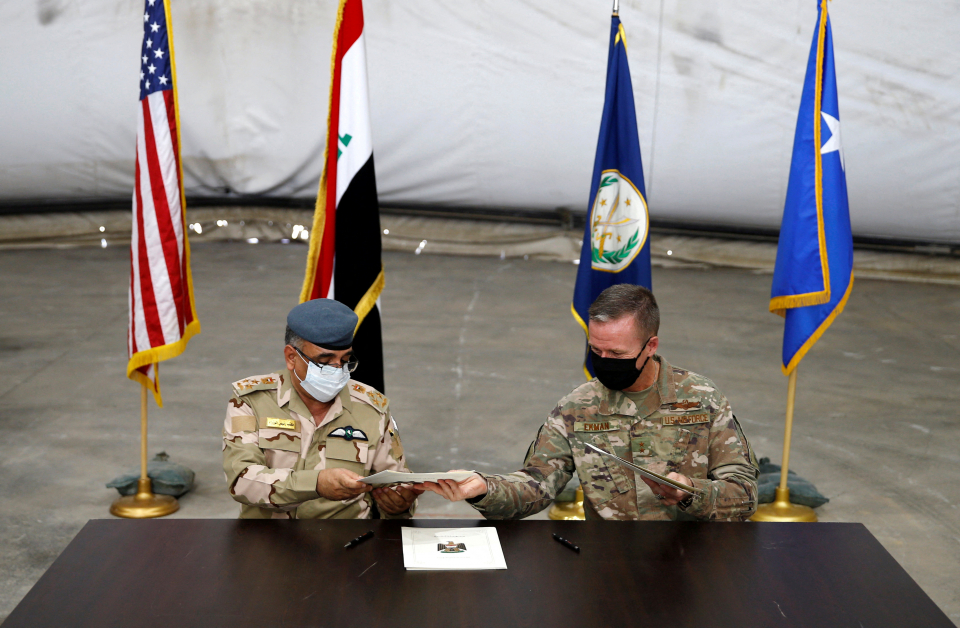According to a senior Iraqi government official speaking to Reuters anonymously, discussions between the United States and Iraq regarding the conclusion of the U.S.-led military coalition in Iraq may extend beyond the U.S. presidential election in November.
Initiated in January, the talks aim to reassess the U.S.-led coalition formed in 2014 to combat the Islamic State (IS) insurgency, which had seized significant territory in Iraq. The decision to wind up the coalition follows a period of heightened tensions between U.S. forces and Shi'ite Muslim armed groups, triggered by regional conflicts, including Israel's war in Gaza.
With a temporary cessation of clashes for over a month, negotiations are ongoing to navigate differing perspectives on the future of U.S.-Iraqi military relations. The Iraqi government, supported by Shi'ite factions and armed groups, seeks to prevent Iraq from becoming a battleground for foreign powers.
While the Pentagon has refrained from commenting on the timeline for the talks, U.S. officials acknowledge the complexity of the discussions, which involve a range of Iraqi political factions. Shi'ite armed groups advocate for an immediate withdrawal of U.S. forces, while more moderate factions, alongside Sunni and Kurdish parties, express concerns about the potential consequences of their departure.
Washington emphasizes the need to reassess the coalition's mission following the defeat of the Islamic State in 2017 but does not necessarily view the talks as indicative of a complete withdrawal of U.S. military advisers from Iraq. The U.S. initially invaded Iraq in 2003, leading to the ousting of President Saddam Hussein, and returned in 2014 to combat the resurgence of IS.
Former Iraqi Prime Minister Haider al-Abadi, representing moderate elements within Iraq's ruling Shi'ite Coordination Framework, suggests that while there is reluctance on both sides for a full withdrawal or complete dependency on U.S. presence, there is a growing sentiment that the current U.S. presence may pose more challenges than solutions.

















